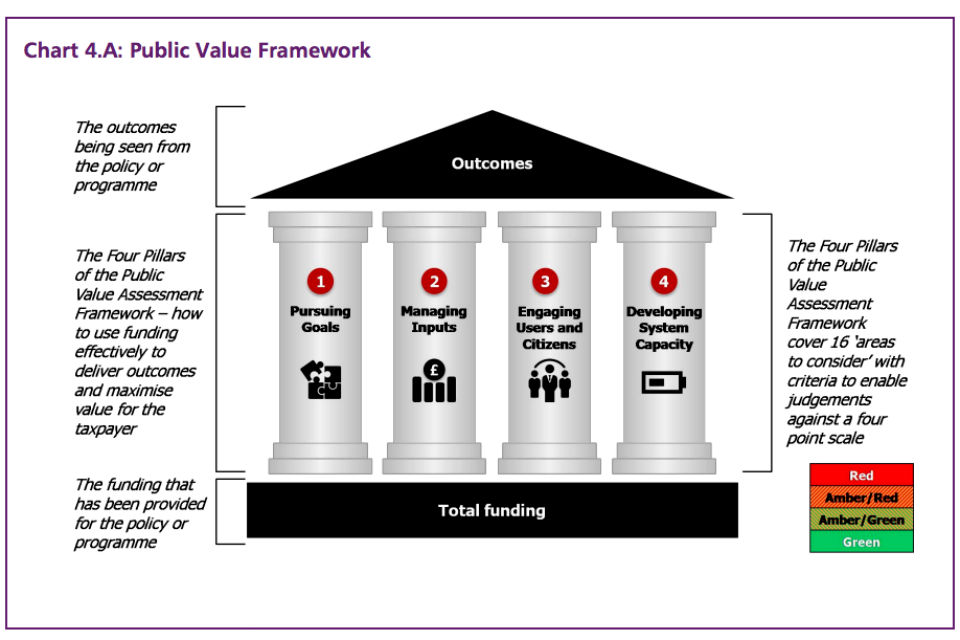Do we need to reform the civil service? By Paul Higgins.
We have heard quite often lately that the civil service needs to be reformed. Whilst this is true, the reform needed should go in the opposite direction to the one we so often hear about. Most problems in the civil service come from contagion from politicians, especially ministers and secretaries of state.
If we look at current ministers and compare them with those 30 or 40 years ago, we see that today ministers in any department have little or no expertise or knowledge of their areas. 40 years ago, the Secretary of, say, Defence, used to be a military or an expert with an idea of where he wanted our armed forces to be in 10 years and what steps were needed for that journey to happen. Similarly, the Secretary of Agriculture was a farmer, an academic, a veterinarian or someone with experience or expertise in farming. Because of this expertise they tended to stay longer in the post, which enabled them to build a strong corporate memory to address the various issues affecting the department or the field, to see future problems and to prevent them before they happened.
Things have changed dramatically. Ministers now move fast from one department to another and they rarely have any knowledge of the areas they manage, whether it is farming, defence or international relations. Because of this, politics are now quite shortsighted. Nothing after the next general election matters and public services show a sharp decline in efficiency and quality. This is because the building stones for this quality will deliver tangible results only after some decades after being laid instead of some months. Another factor behind the increasingly poorer quality of public decisions is its politicisation. It is quite common to see a minister arguing with the engineers about whether a road should be built passing through this or that constituency, and, as you can imagine, the arguments rest on how voters in the constituency would react to a new road instead of on how to make the road safe, cheaper, environmentally friendly or how it will improve the capacity and time of journeys.
The civil service is suffering a similar trend. This is very clear when we look at recruitment or promotions where technical expertise has disappeared and instead the so-called behaviours are now the only criteria. These behaviours are valid everywhere, in every post, but leadership, influence or communicating will not make you capable of designing the best road but to argue in a powerpoint that it wasn’t your fault that the road was of a substandard quality. Putting even more effort in promoting these behaviours will improve relations between ministers and civil servants in the short term but will result in even worse and more expensive public services. As problems and tensions accumulate the blame game will intensify and we will see even more and louder calls to reform the civil service and get rid of unelected bureaucrats and experts. Since civil servants are not allowed to respond and publish their side of the story, this trend is quite difficult to reverse.
Finally, it is worth noticing that while most governments in western democracies suffer this problem, it is the UK Government where it is most exacerbated and, hence, more difficult to reverse.
Paul Higgins





